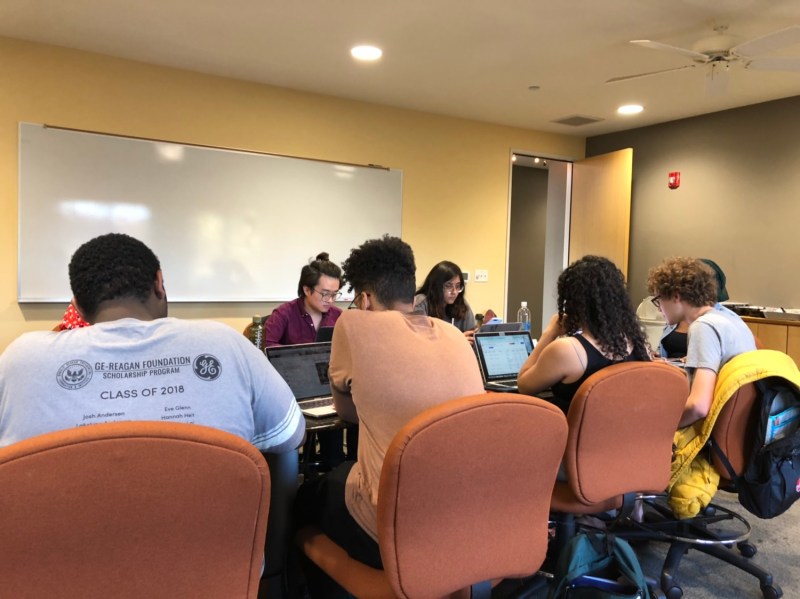At its ninth meeting, the 21st Undergraduate Senate discussed recent proposals to restructure undergraduate majors and introduce a core curriculum. Both measures are subject to approval by the Faculty Senate.
The Undergraduate Senate also approved a bill to support Chanel Miller, affirming support for a student-led petition and calling on Provost Persis Drell to support sexual assault survivors on campus.
The Senate also approved former senator Joshua Pe’s ’22 request to resign.
Majors proposal
The proposal would cap all University majors at 60 to 95 units, consolidate major requirements and mandate a capstone project.
Currently, majors range from 55 to 132 units. The proposal aims to broaden student opportunity by requiring majors to fall within the narrower range.
“The major threatens to crowd out other crucial features of a Stanford education,” the proposal reads.
The Senate reacted positively to the proposed changes, citing students’ desire to explore outside of their majors. Senators felt this was especially true for first-generation and/or low-income (FLI) students, who may have especially limited flexibility because the lower availability of AP offerings at their schools may require them to take more prerequisite courses.
Reducing the number of required major units “is a good step towards reducing student stress and allowing students to have more choices,” said senator Kobe Hopkins ’22.
While the proposal was generally received positively, senators voiced concerns about the scope of the potential major requirements, worrying that the changes might result in cutting key material from some majors.
Core curriculum
The proposed core would consist of three five-unit courses for frosh, focusing on civic education and global citizenship. The program would last three quarters, with exceptions for the existing programs Structured Liberal Education (SLE), Education as Self-Fashioning (ESF) and the arts-focused curriculum ITALIC.
The core aims to help students “develop the new ideas that will address the pressing issues facing our country and our planet,” wrote President Tessier-Lavigne in his “Fall letter to our community.”
The proposed core would also emphasize liberal arts, including questions of ethics and diversity. Senators voiced support for these changes, citing the prospect of more conversations about topics related to diversity.
“I, as a black person, have to talk about racism everyday whether I like it or not,” Hopkins said.
Hopkins argued that, even if students are apathetic to issues of race, it is still Stanford’s prerogative to make sure they engage with it.
Contact Nourya Cohen at nacohen ‘at’ stanford.edu.
